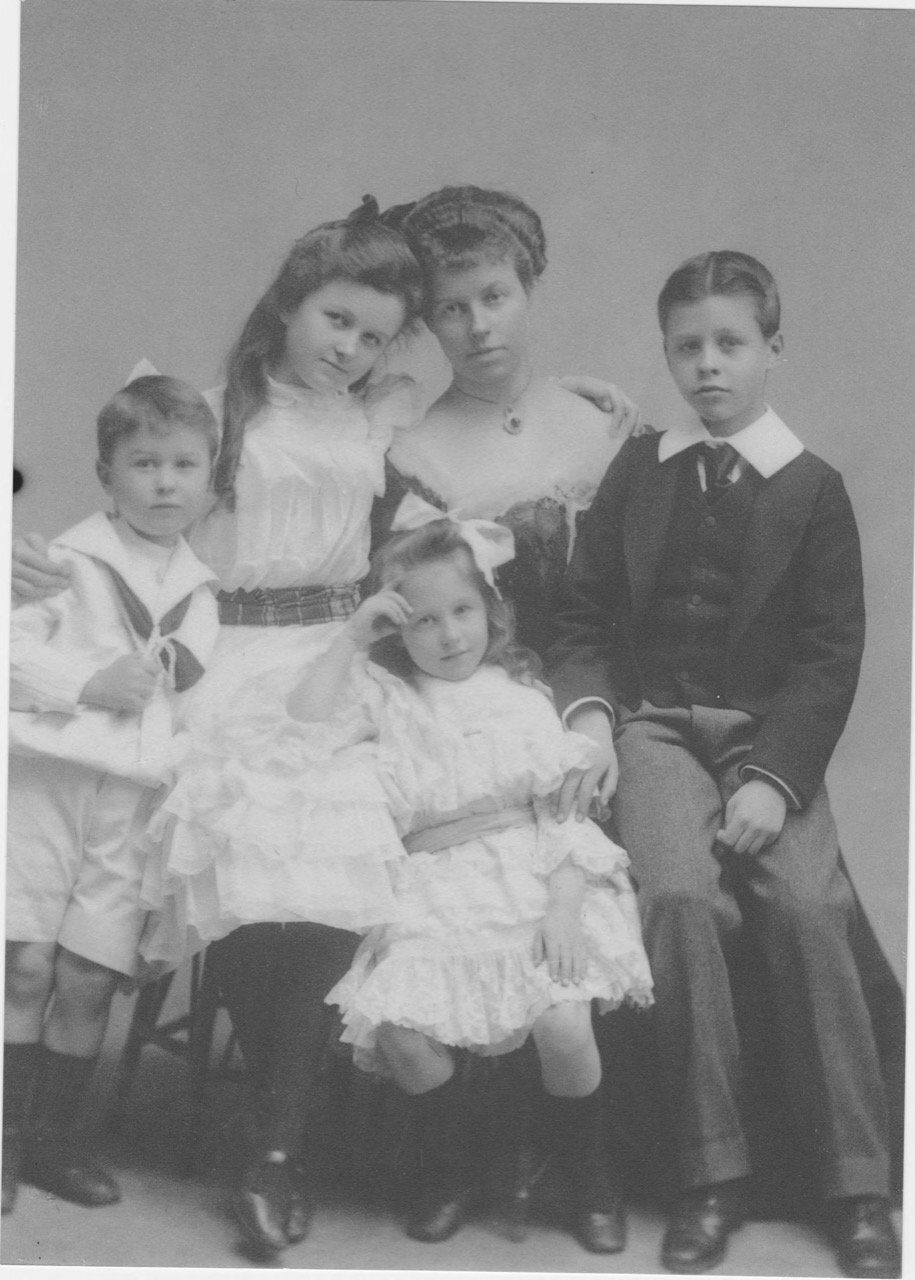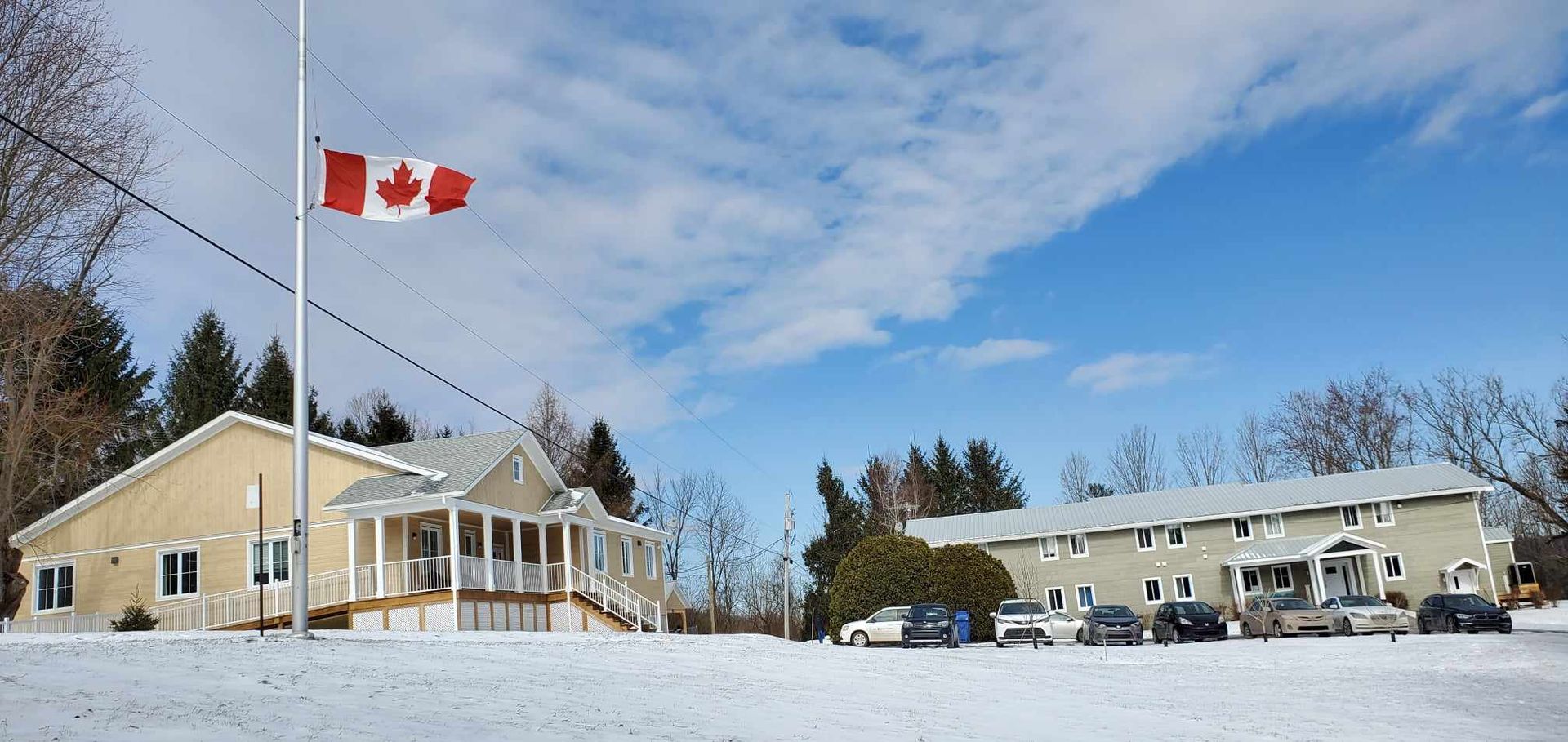The worst pain that arises from mental illness comes, I think, from judgement. I have found that if judgement can be replaced by love and acceptance, living a good life with mental illness can be possible.
How do I know this now?
When I first learned more about how the war had affected Alec, I thought that I had solved my family secret. I had undoubtedly taken Anna out of the role as the 'villain.' But as I went deeper, I discovered a new question. Why did other members of my extended family, outside of Alec and Anna's direct descendants, often have the same bipolar disorder? Was there an earlier family link to a common trauma? Looking back into my family history, I discovered a new starting point, Alec's mother.
One day, as a child, Granny Paterson woke up to find that her mother and her two younger siblings had disappeared. Not only had they gone, but so had their photographs. She was told never to mention her mother's name. That night, she left her family home and was brought up in her grandmother's house. It was as if her mother and her sisters had never existed. But of course, they had.
This was the Victorian era. Granny P's mother, known as Nina, had had a long term affair with another man. Granny P's father was an alcoholic. Nina's lover was his best friend. Isolated by his drinking from their friend and husband, both found comfort and then love in the other. They also had two illegitimate children that Nina passed off as her husband's. Finally, Nina could not bear living a lie, and she eloped. In those days, such a thing was scandalous. The arrangement forced upon her by her father was to take her lover's children to live with him in Winnipeg, never see or contact her first-born and never return to Montreal.
Death is tragic but can be understood. What child could understand what had happened to Granny P? Maybe the only way she might understand was to imagine that somehow all of this had been her fault?
As a young woman, Granny P was able to cope for a while. She had a few manic episodes in her youth, and sometimes the occasional black moment. But as the years passed, her manic periods became more extreme, and her black periods became more profound and protracted. Eventually, the black periods took over. For the last years of her life, she was looked after by her two daughters, Alec's sisters.
Since this event, some individuals, in every generation of my family with direct descent from Granny P, have suffered from a bipolar disorder that also became more extreme as they grew older. Until we saw and understood this pattern, each family member who had bipolar created havoc for themselves and their loved ones.
Now we see this pattern; it has become less traumatic for all concerned. For, while this story about how bipolar started in our family is not scientific, it has given us all a sense of understanding. With this understanding of its origin and its ability to pass on through the generations, came love and compassion for all concerned. Blame and shame have been banished. There is no judgement for the inevitable lapses in behaviour that can easily lead to an irretrievable breach. There is always a loving ear to listen to what is going on. It is now normal to seek help.
We cannot know why people become mentally ill. In my family it’s a lottery. Some of us become ill but most do not. But the more we can see that mental illness is not the fault of the individual, the more compassion and love we can find for that member and for ourselves.











